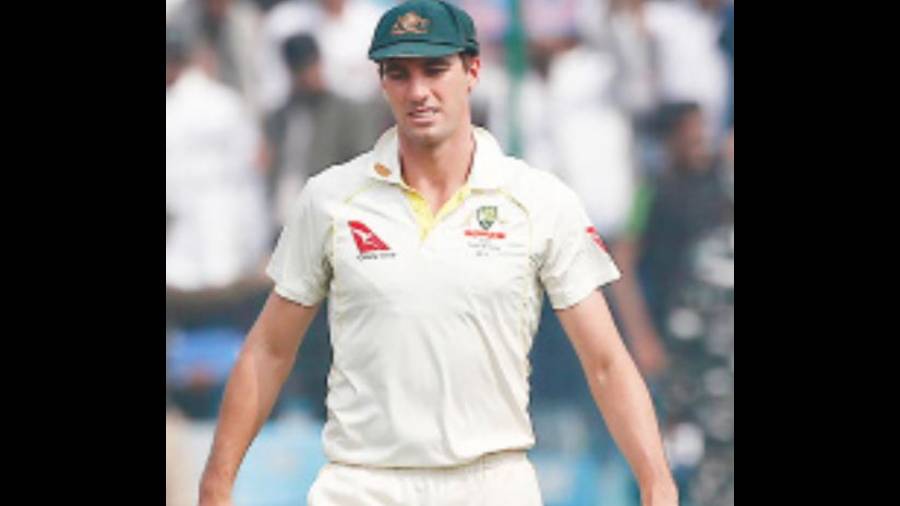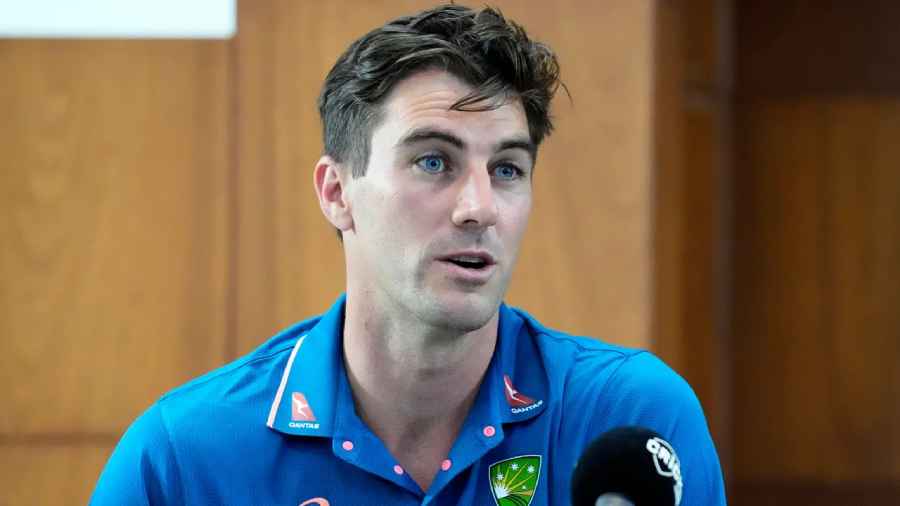In the Australia-South Africa Cape Town Test of 2014, Faf du Plessis, while batting in the first innings, had assumed a ball to be dead and picked it up. What happened next? The Australians swarmed him with abuses from every direction. After the day’s play, when asked about it, the Proteas batter said: “They run like a pack of dogs around you when you get close to that ball.”
But do we still get the “pack of dogs” feeling with the current Australian team when they are on the field? Do they still hate losing as much as they did in all those years which earned them the badge of being the toughest cricket team in the mental coliseum of the game?
The answer is debatable because in recent years, the Australians, who were never too gentlemanly in the gentleman’s game, have remodelled themselves into friendly, mellow players, the ‘good blokes’. And while doing so, much of their mental steel appears to have melted, robbing them of the sharpness and solidity that they historically possessed as a cricket team.
The ongoing India-Australia Test series says as much. Ironically, the series is named after two individuals who would have never compromised their attitude on the field even at gunpoint. What does Allan Border and Sunil Gavaskar think of the current Australian method of playing cricket? We know how Border feels. After the defeat in the Nagpur Test, the former Australia captain, criticising Steve Smith’s appreciative thumbsup gesture to good bowling from Indians, said: “Play with a harder edge. I mean, we’re giving blokes the thumbs up when they’re beating us outside the off stump.”
But what has led to the Aussies losing their “harder edge”? It is the 2018 Sandpapergate scandal that probably has turned Australian cricket culture upside down. That ball-tampering incident in Cape Town was not the first controversy around Australian cricket, but it has dented the team’s cricketing psyche so deep that one wonders if they would ever rediscover it.
Yes, the Australians’ fierce in-your-face competitiveness got on the nerves of opposition fans. Think about what it did to rival players who were actually in the firing line. But then, there were counters, ugly ones, which have become part of cricketing folklore. Eddo Brandes’ infamous “biscuit” jibe at Glenn McGrath, Ramnaresh Sarwan talking about (again) McGrath’s wife, or Quinton de Kock mentioning Warner’s wife — the Australians brought out the best and worst in cricketers from around the world.
It’s not possible to put a finger on anything particular, but few would deny that the Australian cricketers, the way they played their game — and they were pretty good at it — owed much to the mental toughness they earned from their cricketing culture.
But then 2018 happened. Sandpapergate led to a review of the Australian game from their Board. The 145-page report concurred that elite Australian male players were “perceived to be arrogant, entitled and self-centred”, it came down heavily on their “win at all costs” mentality. Warner lost his edge, Smith his touch and Cameron Bancroft, the face of the ball-tampering incident, was lost altogether.
Call it coincidence or whatever, even the Australian captains have not been robust enough like their predecessors. Pat Cummins is a great bowler, a nice guy, but is he what Australia need? Not going too far back, is he cut off the same cloth as Steve Waugh or Ricky Ponting or Michael Clarke or even the Steve Smith of pre-Sandpapergate era? Captaincy in cricket is not just about good ideas, it is also about being a good driver at the wheel of the team, one who knows when to press the accelerator and when to apply the brakes.

That Australia have crossed the 300-run mark only three times in nine Tests in India in the last 10 years is because of holes in their technique, panic in their mindset and, at times, because of dustbowls of pitches. But Australia vapourising from an advantageous position in the just-concluded Delhi Test is probably down to their weakened minds, not just faulty sweep shots.
And it is the game that has lost a bit of its edge in the process.
Cricket would love to have the old Australians back, the ones whom Du Plessis called a “pack of dogs”.












